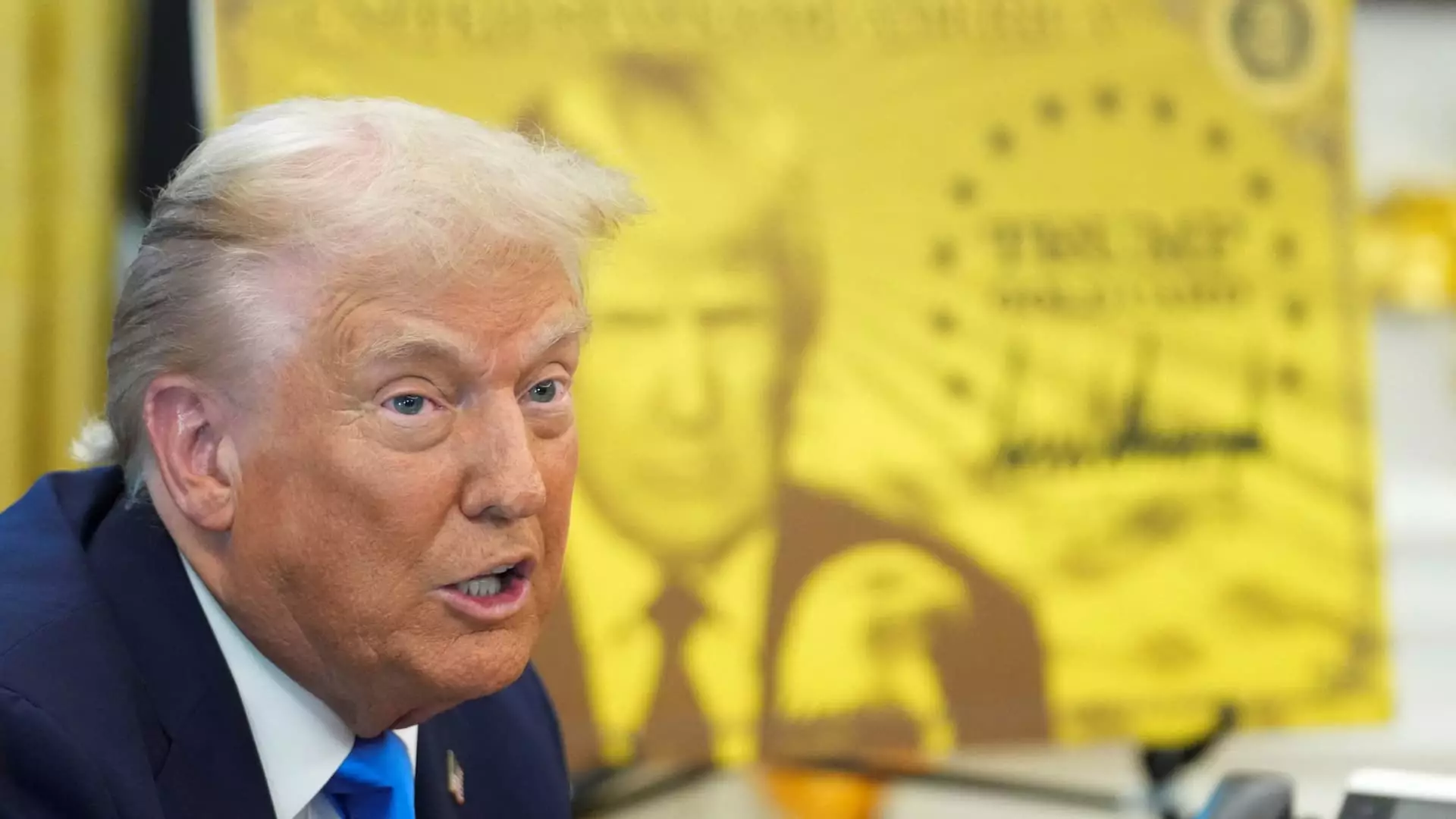In a bold and seemingly reckless move, the Trump administration announced a staggering $100,000 annual fee on each H-1B visa, aiming to curb the inflow of highly skilled foreign workers into the United States. While framed as a measure to protect American jobs, this policy shift risks crippling the very innovation engine that has powered America’s technological leadership for decades. These visas are the lifelines that enable U.S. tech giants and financial institutions to recruit top talent from around the globe, particularly from India and China—nations that produce an immense pool of skilled engineers and scientists.
This fee increase is not a mere bureaucratic adjustment; it symbolizes a deliberate attempt to erect barriers against a globalized workforce. The ripple effects threaten to choke the pipeline of innovation, forcing companies to reassess their talent acquisition strategies. The stories of internal advisories from Amazon, JPMorgan Chase, and Microsoft are telling—they urge their H-1B workers to stay in the U.S. or return home. These companies are tacitly acknowledging that the new policy could jeopardize their competitive edge by destabilizing their legal workforce.
The administration’s aggressive stance appears to prioritize headlines over the economic vitality that immigrant talent fuels. It suggests a shortsighted nationalism that undervalues the reality that global talent is integral to American technological dominance. Instead of fostering an environment of inclusivity and innovation, this move sows doubt, fear, and uncertainty among workers who have made significant contributions to their companies and communities.
International Repercussions and Diplomatic Tensions
Beyond domestic implications, the policy crackdown has ignited international alarm. India, whose highly educated workforce dominates many H-1B applications, is scrutinizing the changes, emphasizing the mutual benefits of cooperation. India’s External Affairs Ministry highlighted the potential humanitarian fallout—families separated, careers disrupted, and broader economic ties strained.
South Korea and other nations are also assessing the damage, foreseeing a decline in their nationals’ opportunities abroad. This defensive posture underscores a disturbing trend: when the U.S. becomes less welcoming, it risks alienating established allies and damaging diplomatic relations. The global tech ecosystem depends on mobility, collaboration, and open borders—values that this policy sharply contradicts. Instead of engaging in constructive dialogue to refine immigration policy, the administration’s approach threatens to provoke retaliation and reduce the flow of talent necessary for innovation.
This geopolitical dimension hints at a dangerous game—one where economic nationalism threatens the open exchange of ideas, knowledge, and skills that are critical to maintaining global competitiveness. The U.S., by closing its doors, risks falling behind, as countries like Canada and those in the EU continue to court international talent with more inviting policies.
The Ethical and Economic Dilemma
Fundamentally, the decision raises grave ethical questions about the role of talent, opportunity, and fairness. The H-1B program has historically been a pathway for bright minds to contribute meaningfully to the American economy. Cancelling or taxing these workers out of existence betrays the core of the American Dream—opportunity for all, regardless of national origin.
Economically, the consequences are profound. Silicon Valley and major financial institutions thrive on diversity of thought and specialized expertise. Cutting off this pipeline risks stagnating innovation, reducing competitiveness, and ultimately, harming American consumers. The move marginalizes highly educated immigrants whose contributions not only benefit their employers but also drive technological advancement that benefits everyone.
This policy could backfire, causing corporations to relocate innovation efforts overseas or elsewhere in the U.S., where immigration policies remain friendlier. Job creation, technological breakthroughs, and economic growth hinge on the flexibility to attract and retain top talent—something this fee seems poised to undermine. Rather than viewing immigrants as a burden, it is time to recognize their role as catalysts for progress.
By attempting to curtail legal immigration through exorbitant fees and restrictions, the Trump administration signals a misguided prioritization of xenophobic rhetoric over economic vitality. This approach neglects the nuanced reality that national strength depends on a dynamic, inclusive workforce. The policy not only risks damaging America’s technological edge but also diminishes its reputation as a nation of opportunity and innovation.
In a world increasingly interconnected, turning away talented global citizens is an act of strategic shortsightedness. The long-term costs—lost innovation, weakened international relationships, and diminished economic growth—far outweigh any political gains from this restrictive stance. The future of American competitiveness depends on embracing, not alienating, the very talent that has historically propelled its rise on the global stage.

